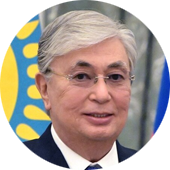School menu
- Main
- Нормативная база
- State symbols
- Государственные услуги
- The President's message
- Противодействие коррупции
- Board of Trustees
- News
- Учебно-методическая работа
- Воспитательная работа
- Parent Pedagogical Support Center
- Бюджет школы
- О нас
- School canteen
- Preschool organization
- School certification
- Мектеп кітапханасы
- School bus
- Bullying
- Safe School
- Диктор экрана
























